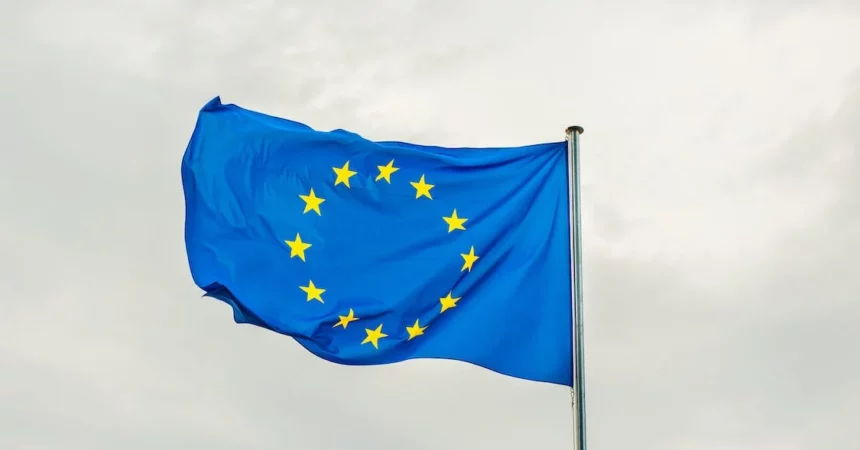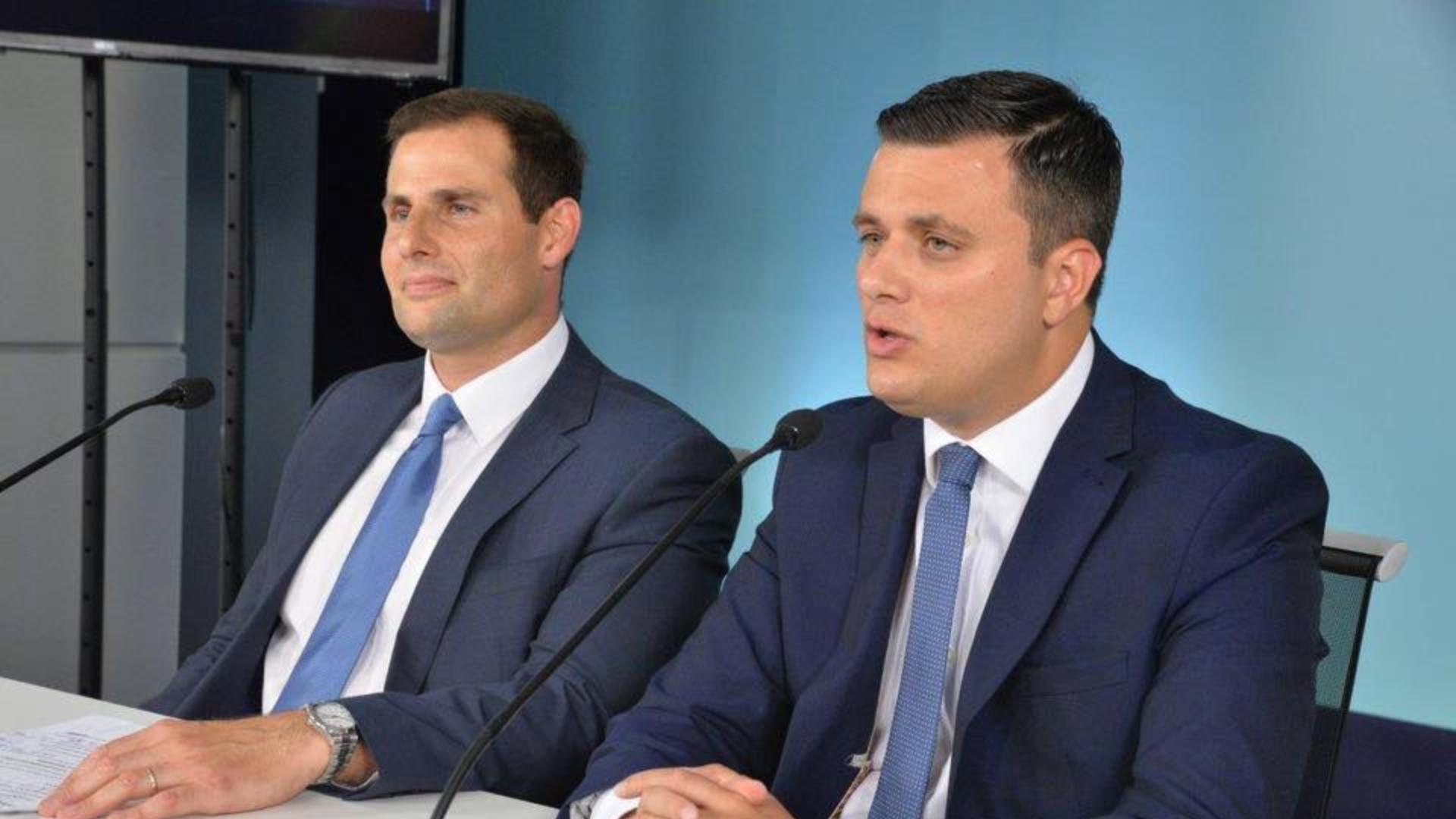Aqra dan l-artiklu bil-Malti.
The majority of Maltese are unhappy with how things are going in the country, fear a decline in their standard of living, and see democracy and the rule of law as key matters that need addressing, according to the Eurobarometer survey results published today.
Eurobarometer is a survey of opinions of member state residents conducted regularly and on behalf of the EU institutions. The last survey was carried out in March 2023 at an EU level and among Maltese residents with the latest edition conducted between September and October this year.
The latest results show that half of Maltese respondents do not think things are going well in Malta, with some 85% believing their standard of living is set to decrease, compared to just 73% across other EU member states. Just 1% of Maltese hoped their standard and quality of life would improve soon.
As for whether things will be better, worse, or the same one year from today, 46% of Maltese said things will be worse, 42% said it will remain the same, and just 7% think things will be better.
Malta is struggling with an increase in the cost of living that is pushing many families to the edge. The cost of food, rent, and other essential items has risen significantly, combined with problems related to overpopulation including pollution and traffic, throttled infrastructure, and power blackouts.
This creates a situation where many residents feel their quality of life is on the line with little improvement on the horizon.
Asked whether things are going well in Malta, 60% of non-Maltese EU respondents said they were not, while 50% of Maltese thought the same.
Just over a quarter of Maltese respondents thought things were going well locally. As for optimism for the future, 60% of EU citizens are optimistic about the future of the EU, while in Malta, it was even lower at 41%, showing, once again, more pessimism than European counterparts.
Over half thought the economy was set to decline, and 29% thought it would stay the same, with just 11% hopeful that things would improve, likely related to the cost of living woes.
Furthermore, some 58% said they were not satisfied with the level of democracy in Malta, which is higher than the European average of 53%.
Just 40% were satisfied, and 2% did not know. At the EU level, 45% of citizens are happy with democracy in their home country.
Regarding EU democracy, 41% of Maltese had faith in it, meaning they believe European institutions are more democratically robust than those at home.
As for the benefits EU membership brings, 92% of Maltese respondents said Malta has benefitted with an equal distribution among all ages and political leanings.
Some 72% of Maltese respondents believe they have been helped by it, while 89% say it impacts their daily lives. Key benefits identified by respondents in Malta include economic growth, job opportunities and a stronger voice globally.
Regarding disadvantages, they noted the loss of control over national borders, people’s jobs being at risk, and a threat to peace and security.
Most Maltese respondents, some 53%, believe the EU has a positive image, with those in education or with a high level of education more likely to think so. In addition, 71% believe that membership of the bloc is essential.
On enlargement, Maltese are divided on whether new countries should join the bloc. In mid-December, it is expected Ukraine, Georgia, and Moldova will see negotiations opened following an accelerated application process spurred on by the war in Ukraine.
Meanwhile, negotiations with Albania and North Macedonia formally opened in summer 2022, with talks with Tirana set to kick off at the end of this year.
Serbia and Montenegro are at the negotiation stage, although they are progressing slowly. Kosovo applied for candidate status last year but has not seen any progress. Bosnia and Herzegovina has not progressed to opening talks or the accession process.
Some 48% of Maltese favoured further enlargement, with 42% against. The EU’s most recent new member was Croatia in 2013.
When asked about the role of the European Parliament, bearing in mind President Roberta Metsola heads it, 74% said they were aware of developments there from the media.
Across Europe, respondents had a generally neutral opinion of the Parliament’s work, but in Malta, it was overall positive, and 73% said it should have a stronger role.
On whether their voices were heard in Europe, 48% of Maltese thought it was the case, similar to the bloc-wide average. But home in Malta, the majority, 52%, said they do not feel their voice is heard.
As for the upcoming elections, 68% of Maltese respondents said they are interested, 11 percentage points higher than the EU score. Some 70% said they would vote, including many who did not vote in the previous European Parliament elections.
Pressed on their reasons for voting, 61% of Maltese said it was due to support for a political party, 53% expressed support for a specific candidate, while 35% said it is their duty as a citizen.
Asked about why people may not vote, 47% said it was because they do not think anything will change, while others said it is due to a lack of interest in politics.
Maltese residents will vote for who they want to represent in the European Parliament on Saturday, 8 June 2024.













Unfortunately Malta has not come up with a vision on how to diversify it’s economy.
The government has embarked on a cheap labour economy. This could result in short term gains, for the few but in the long term it is not viable.
Unfortunately, government, the Civil Service, Government institutions, entities and companies are totally lacking of people who are qualified, experienced and ethically corrupt. I am obviously referring to the persons of trust and others who do not have the courage to stand up and say NO, giving solid reasons why they disagree.
We have a part-time Parliament, where unfortunately strong lobby groups back both parties, thus leading to a situation where difficult decisions cannot be taken.
A general lack of education, moral and strong principles are desperately lacking.